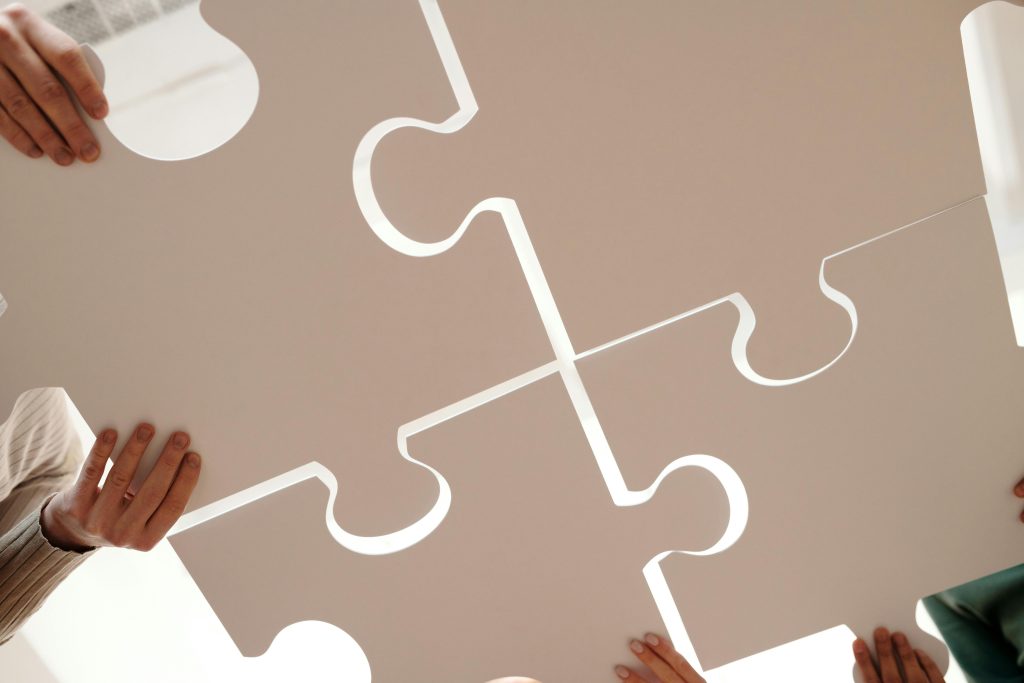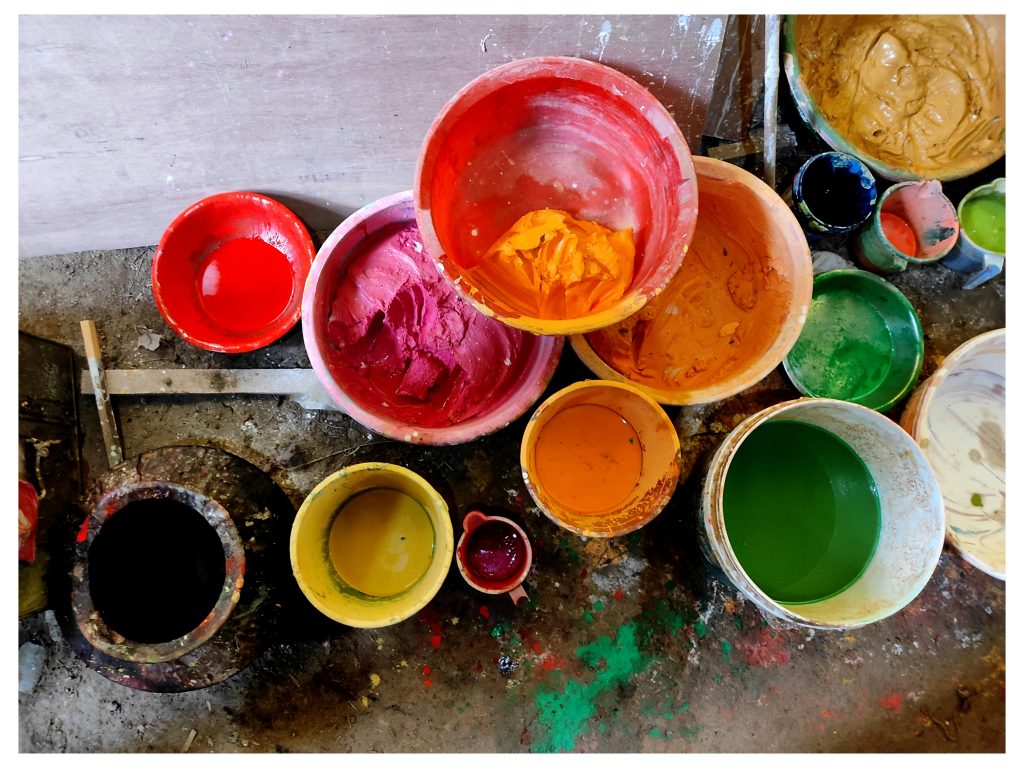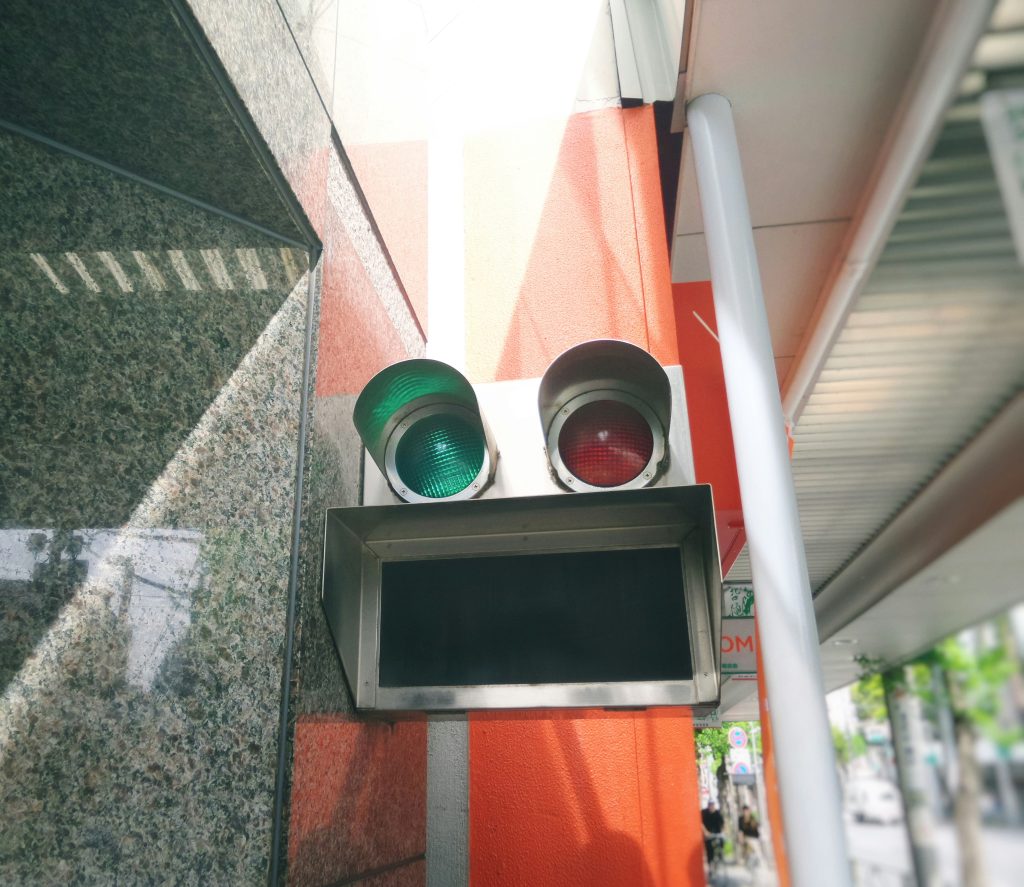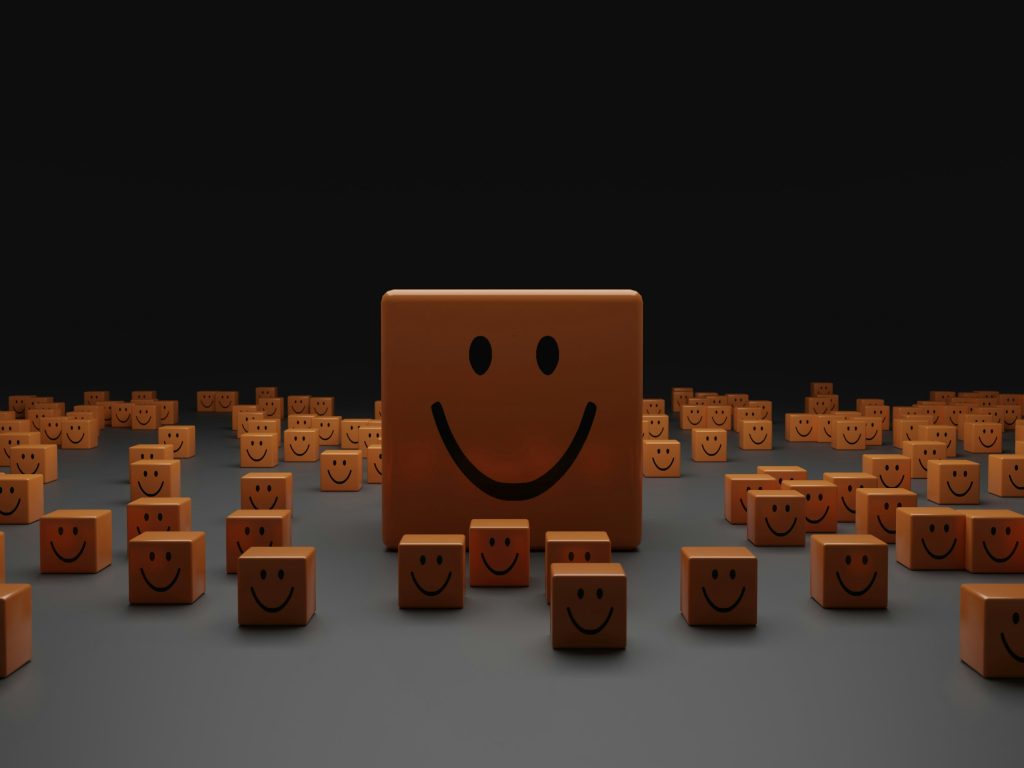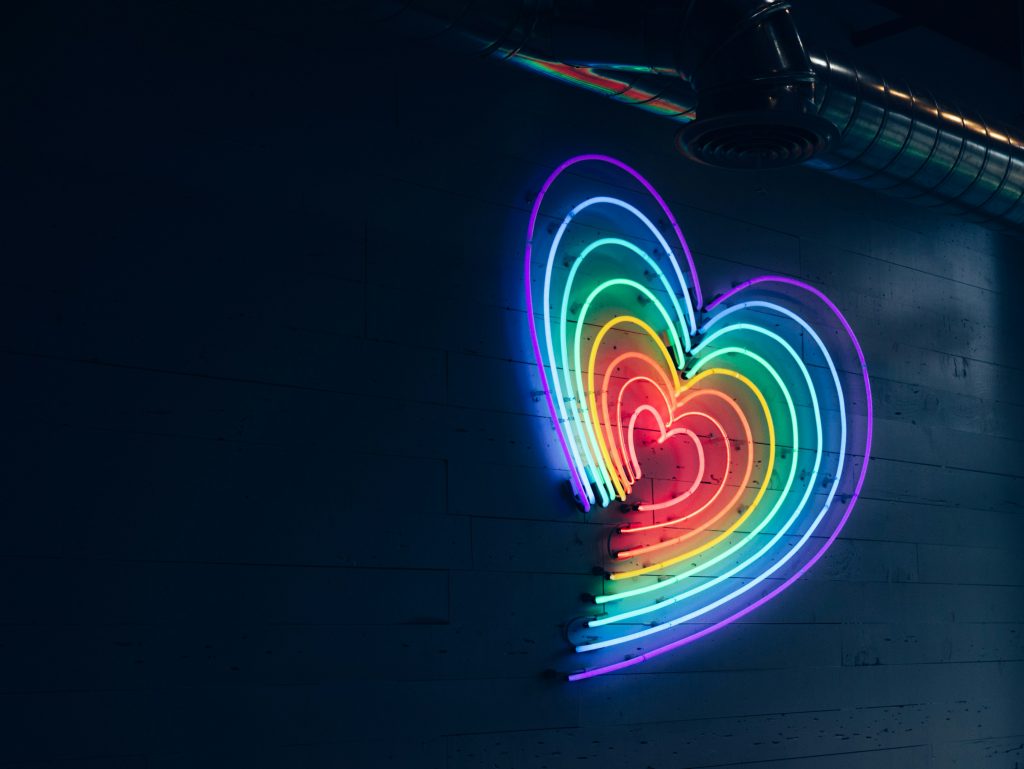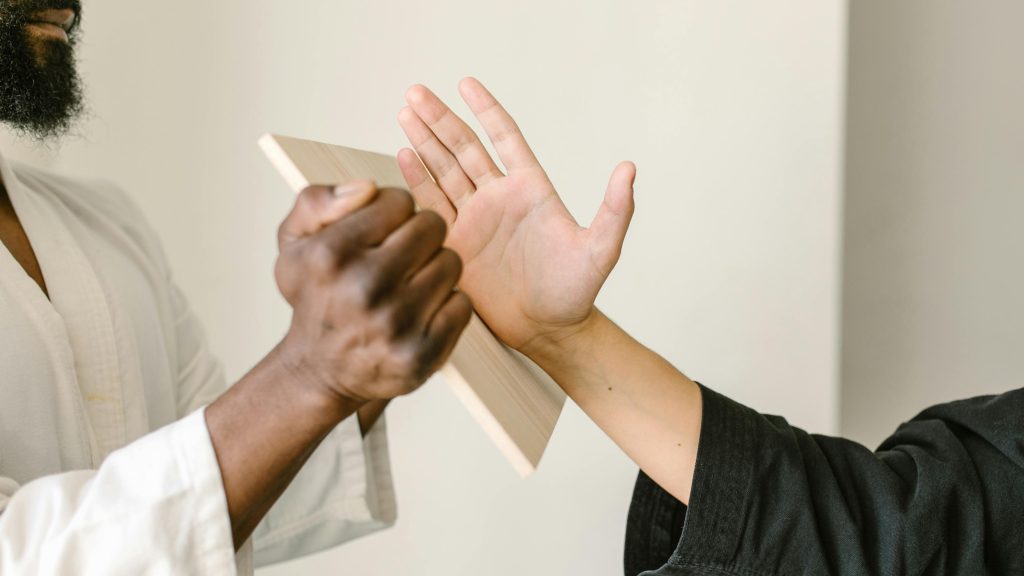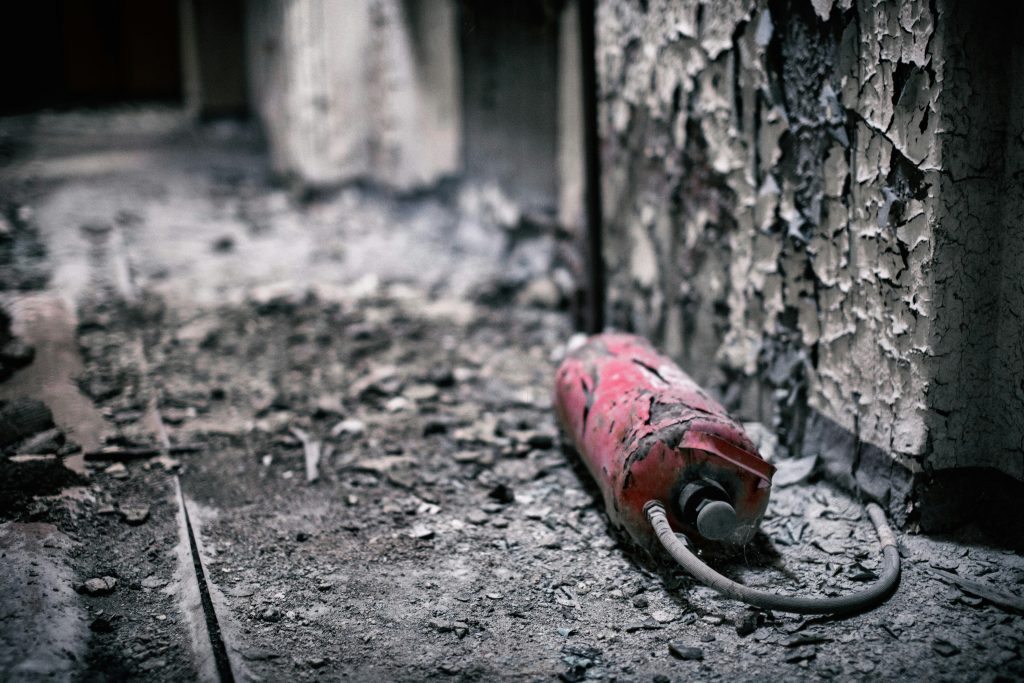
Serein Inclusion Team
3 min read
What we see online often plays a key role in breaking the mould of stereotypes. TV Shows have pushed forth in this domain, be it through the Chess masterpiece in the Queen’s Gambit or the Urdu dramedy in Chudails.
Trust is about confidence in others; psychological safety is about confidence in being yourself. Together, they shape open, resilient teams where people thrive.
Psychological safety is key for an essential workplace. According to Timothy R Clark's work, it is of four types: Inclusion, Learner, Contributer and Challenger safety.
- All
- People and culture
- Domestic violence
- Life at Serein
This work describes the nature of psychological safety, its appearance and the illusory role it plays upon developing company success.
This piece attempts to discern the reason for increasing Queer presence in modern media, and finds mental health, media celebrities amidst major contributors.
This opinion piece lays down the importance of replying positively to an ally in a moment of weakness and illuminates what must be done to best resolve the problem.
Fellow employees are the best to udnerstand each others circumstances and it is essential for them to stand up for themselves.
Allyship may differ in appearance within the same workplace, yet they contribute to the same supportive roles.
Understand the LGBTQIA+ community, and open doors to respect and belonging. Create workplaces where every identity is valued and every voice heard.
India’s diversity is its strength. Embracing DEI means actively confronting caste, gender, regional & religious biases to build truly equitable organisations & society.
Qantas leveraged diversity (gender targets, Indigenous engagement) not just ethically, but strategically, linking it directly to innovation & customer connection success.
From “office housework” to pay gaps & mansplaining, subtle (and not-so-subtle) gender bias persists in Indian workplaces. Recognising it is step one.
Generosity – giving time, resources, opportunity – is a powerful D&I act. It requires conscious choice and sustained will to uplift others & build community.
India’s LGBTQIA+ journey: A complex history of hidden love, legal battles & evolving acceptance. Choosing compassion over archaic law is the path forward.
Can tech drive inclusion? Yes! From bias-free AI hiring tools to accessible platforms & virtual ERGs, technology, used mindfully, can bridge gaps & empower.
Silence around domestic violence hurts workplaces too. Recognise signs, offer safe support systems & flexible policies to help survivors heal & retain employment.
India’s Domestic Violence Act protects both parties in live-in relationships. Understanding this legal recognition is crucial for safety & seeking rightful recourse.
Cinema often sensationalises domestic violence. Responsible storytelling should highlight realities, survivor strength & pathways to support, not perpetuate myths.
Gaslighting is psychological abuse making victims doubt their reality. Recognise manipulation tactics, trust your instincts & seek support to break free from this.
Women have the right to protection orders, residence, monetary relief & legal aid under India’s Domestic Violence Act. Knowing these enables survivors to be safe.
Consent & boundaries are key. Domestic violence shatters both. Rebuilding starts with respecting autonomy & recognising coercive control as a violation of rights.
A break doesn’t break your career. With patience, purpose, and a little ‘me time,’ a restart can be a reinvention – on your terms, in your time, with confidence.
Career breaks don’t erase capability. With experience, adaptability, and the right support, women returning to work can lead fast, thrive faster and uplift teams too.







